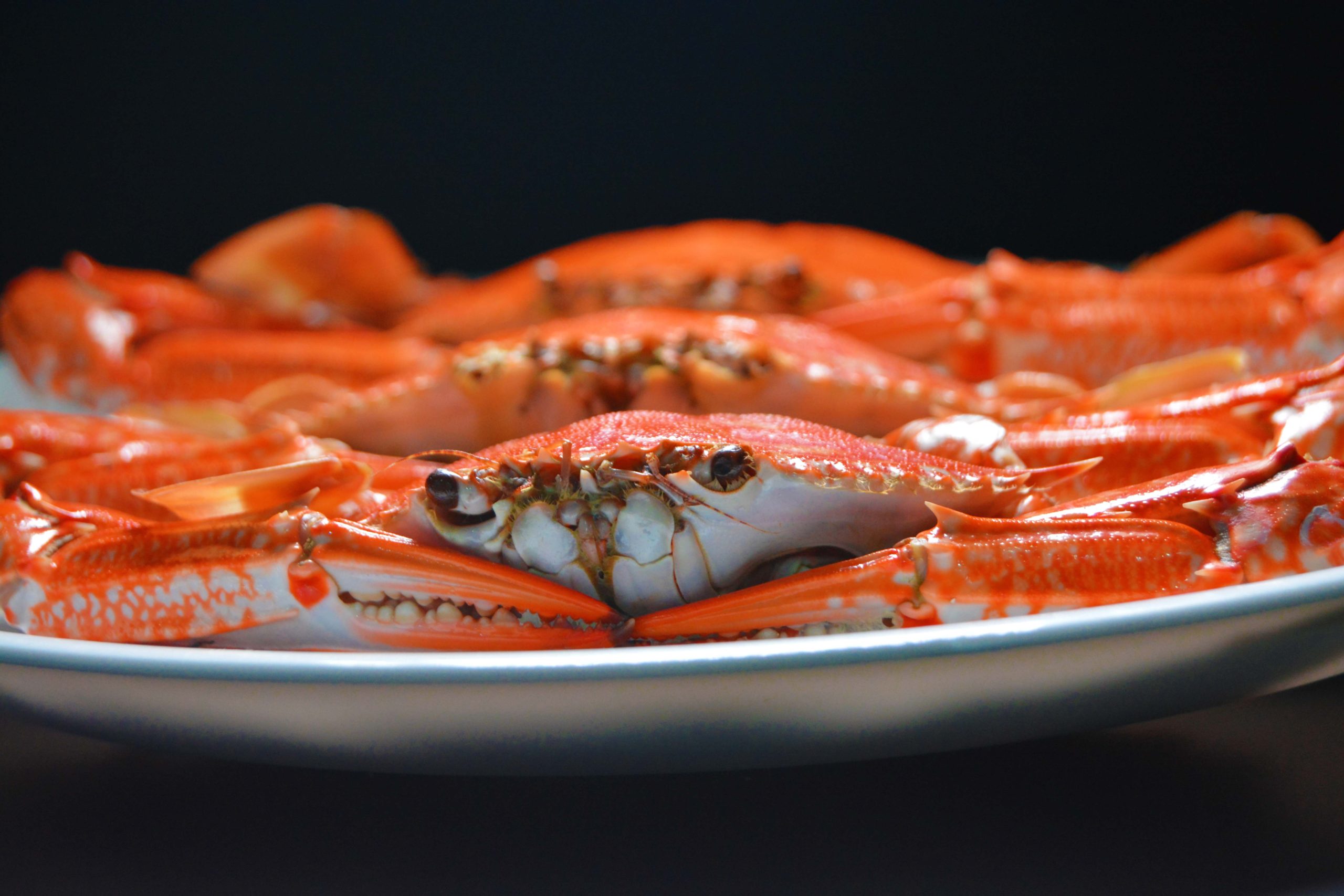Who Will Asia’s Biggest Cultivated Seafood Players Be?
6 Mins Read
Cultivated seafood is shaping up to be a serious niche within the cell-based protein sector. This is especially true in Asia, where demand for seafood remains high. In fact, more seafood is consumed per capita in the region than anywhere else in the world and Asian consumers account for over 70 percent of future growth.
Innovating alternatives to commercially caught fish and crustaceans are proving increasingly essential, and plant-based companies are leading the way, though the sector is not without its challenges. As such, a number of startups have tasked themselves with developing authentic alternatives to conventional seafood protein.
It is still early stages in the terms of the market for cultivated seafood but consumer research conducted by Shiok Meat showed that 78 percent of Singaporeans are open to trying products. In Hong Kong, the number is 95 percent.
Below, we’ve rounded up the who’s who of cultivated seafood players across Asia- the must-watch startups and companies that are looking to serve up the future of fish and crustaceans.
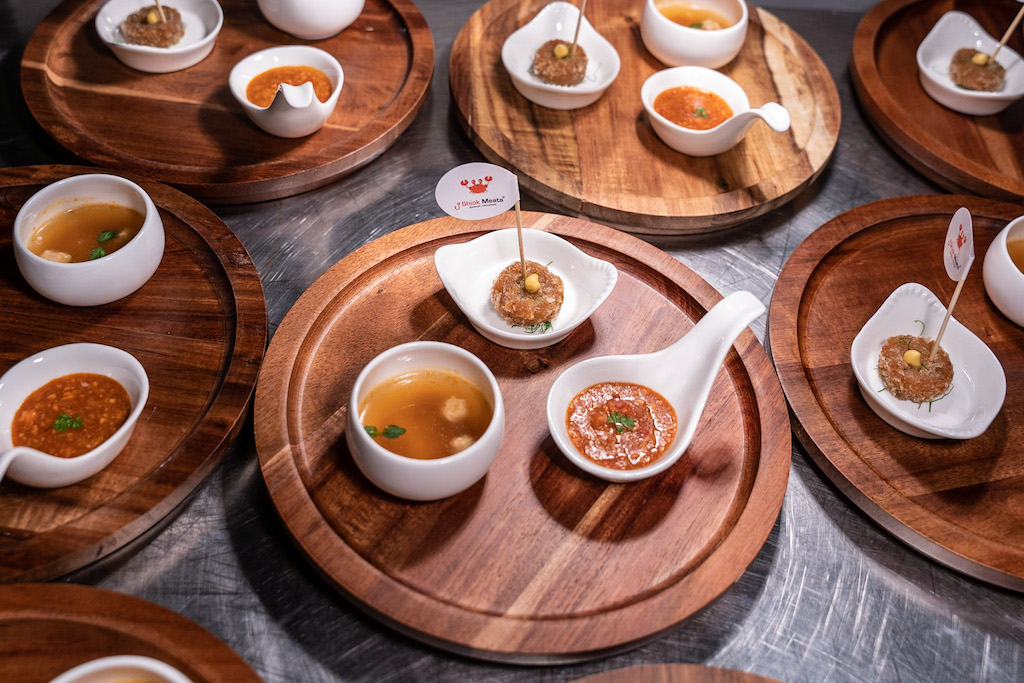
1. Shiok Meats
Date founded: 2018
Founder(s): Dr Sandhya Sriram, Dr Ka Yi Ling
Based in: Singapore
Funding To Date: $30.4 million (Source: Crunchbase)
Based in Singapore, Shiok Meats is widely considered to be one of the cultivated seafood sector’s biggest players and is a pioneer in many respects from being led by an all-women superstar team to being a Y-Combinator alumni. In November last year, the startup opened its first R&D mini plant, to progress development of commercially viable cultivated crustacean products. It came after the company was featured as one of Fast Company’s ‘Top 10 Innovative Companies’.
In August last year, Shiok debuted its cell-based crab, served in a variety of guises after having debuted the first cultivated shrimp meat back during its launch and lobster in 2020. Most recently, additional bridge funding has been secured, to meet the company’s target of market release in 2023. The company hopes that existing regulatory frameworks that have seen cultivated chicken products approved for sale will help pave the way for cultivated seafood, particularly in Singapore where the company is based and where it is building a specialist cultivated seafood production facility.
Target seafood varieties: crustaceans- shrimp, crab and lobster have already been unveiled.
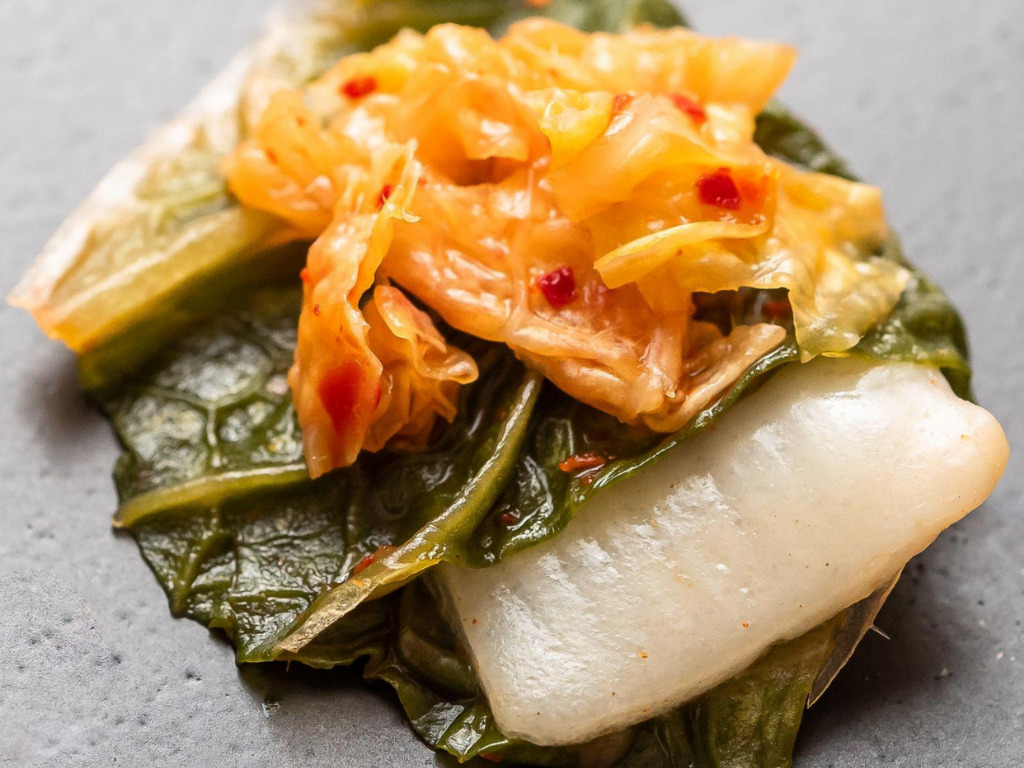
2. BlueNalu
Date founded: 2017
Founder(s): Chris Dammann, Christopher Somogyi, Lou Cooperhouse
Based in: San Diego, California, U.S.
Funding To Date: $84.8 million (Source: Crunchbase)
Based in California, BlueNalu is making waves in Asia thanks to two strategic partnerships announced last year. Thai Union (see below) and Japan’s Mitsubishi both signed agreements with BlueNalu to help speed up the process of development and commercialisation. The startup pursued the partnerships in a bid to remain focussed on its Asia-forward operational strategy, which is led by the region’s want for seafood but depleting resources to meet it.
The two partnerships are entirely independent of each other but both will look at chasing regulatory approval and analyzing consumer attitudes to cultivated products. BlueNalu revealed intentions to sign agreements with other global partners to bolster growth.
Target seafood varieties: mahi-mahi and bluefin tuna, to start.
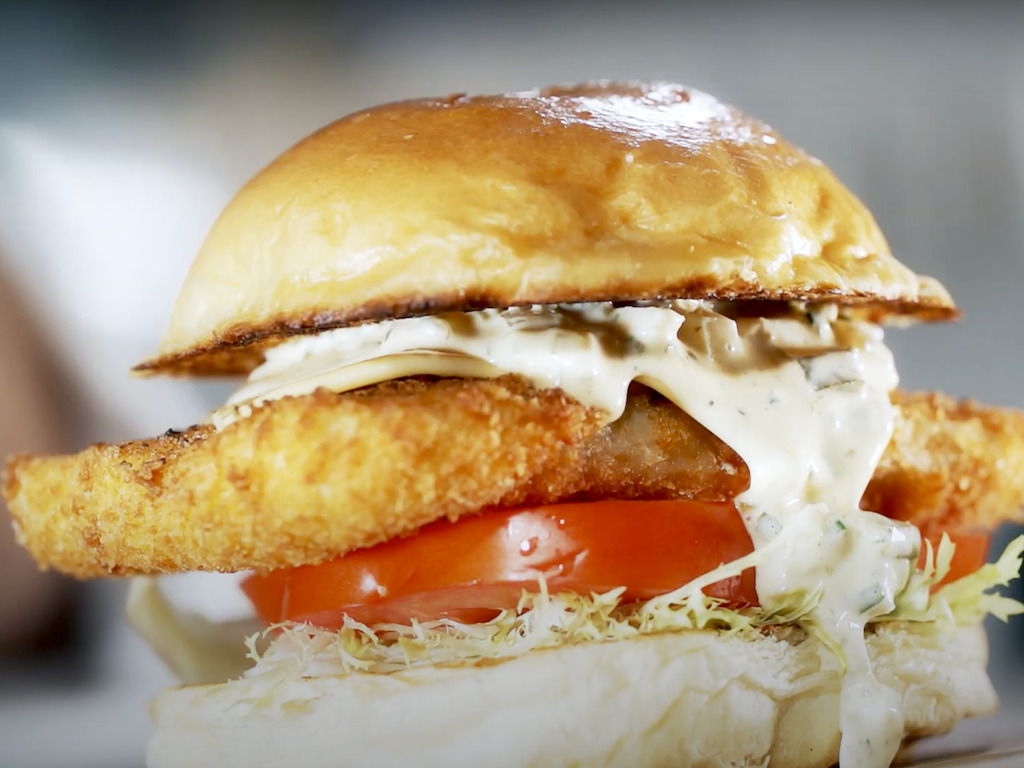
3. Avant Meats
Date founded: 2018
Founder(s): Carrie Chan, Mario Chin
Based in: Hong Kong SAR, with operations in Greater Bay Area of China
Funding To Date: $13.9 million (Source: Crunchbase)
Based in Hong Kong, Avant Meats has been securing funding and forming strategic partnerships ahead of commercial release. The cultivated seafood maker claimed to have slashed its production costs by 90 percent, following an agreement with biotech firm QuaCell. It predicted that the newly cost-effective methodology would bring forward commercial release by at least one year.
In April last year, Avant revealed plans to build a specialist R&D lab, plus a pilot production unit in Singapore, the only country to approve cultivated meats for sale so far. The move is hoped to speed up the process of releasing products to consumers. A partnership with Vietnam’s Vinh Hoan Corporation, a fish producer, is intended to do the same.
Target seafood varieties: fish maw and undisclosed fish fillets.
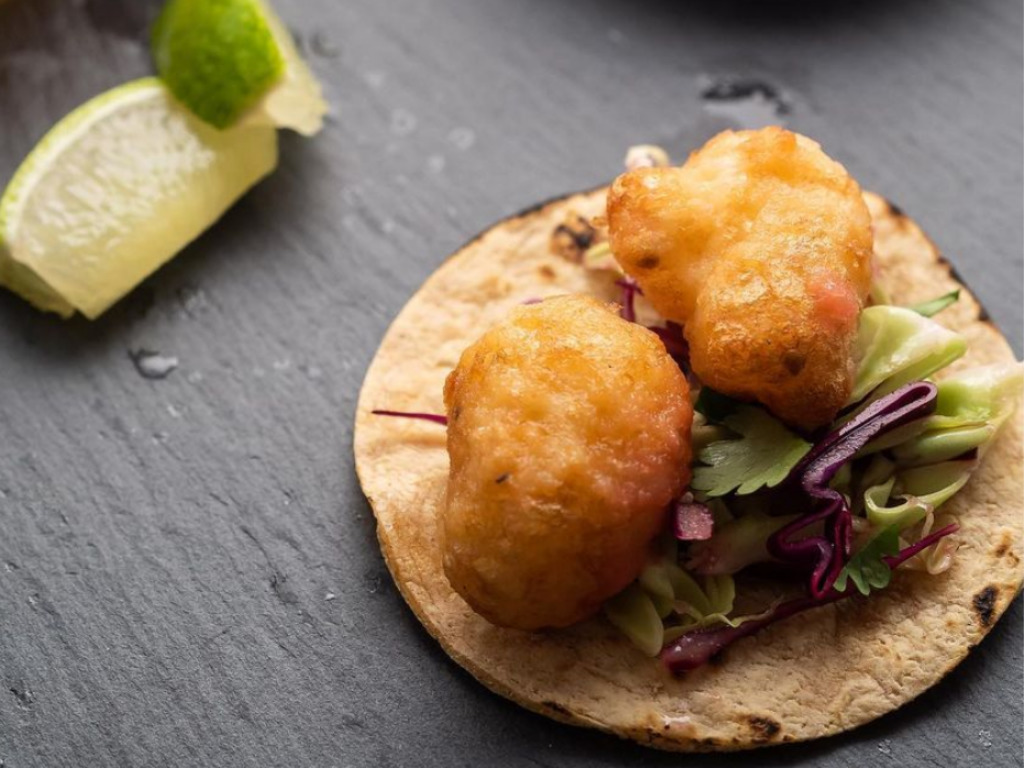
4. Thai Union Group
Date founded: 1977
CEO: Thiraphong Chansiri
Based in: Thailand
Funding To Date: N/A
Thai Union Group is an interesting case study. One of the world’s largest manufacturers of conventional seafood, it has recently debuted a new innovation centre for the creation of vegan seafood alternatives. The Thailand conglomerate appears to be opening the door for cultivated developments in the future.
The most notable partnership for Thai Union is that with Californian startup BlueNalu. Following successful development of cultivated tuna and mahi-mahi, Thai Union will be in a position to distribute or brand products, according to the undisclosed terms of the partnership.
Target seafood varieties: tuna and mahi-mahi.
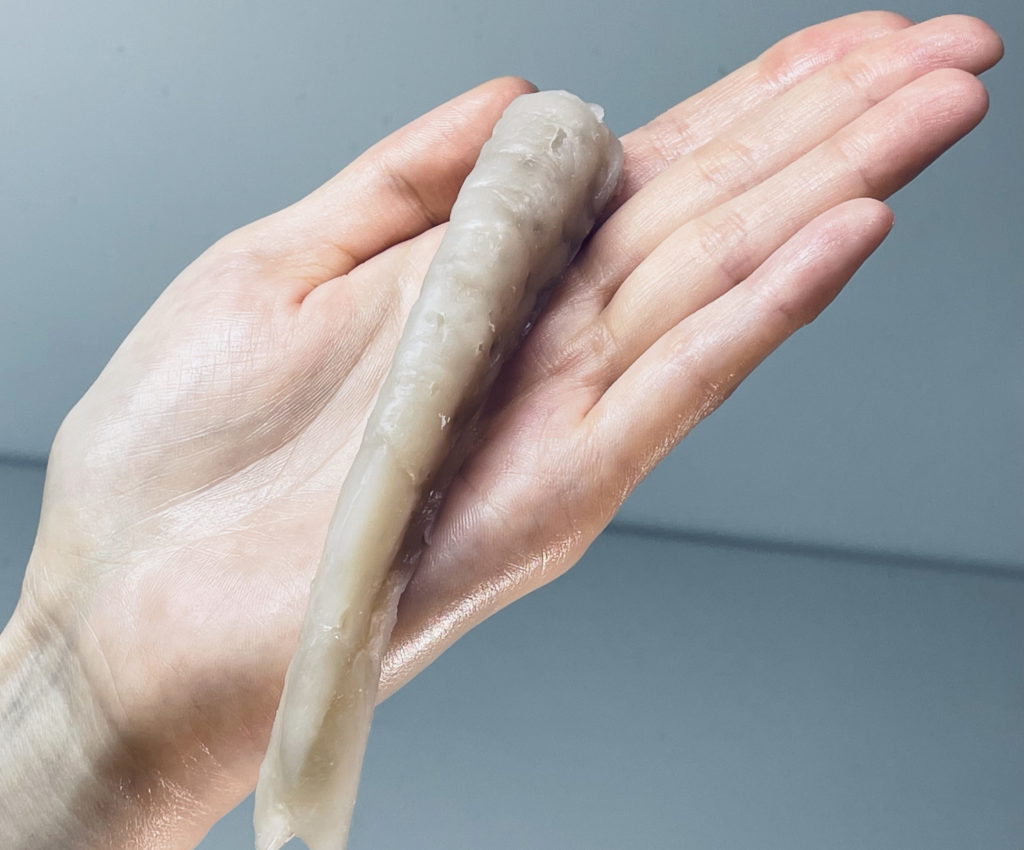
5. CellMEAT
Date founded: 2019
Founder(s): Giljun Park
Based in: Seoul, South Korea
Funding To Date: $14.1 million (Source: Crunchbase)
South Korea’s CellMEAT made a huge splash in December last year. The startup debuted the world’s first cultivated dokdo shrimp, in a range of shapes and sizes. The project demonstrated how far along the cultivated seafood track CellMEAT is, after developing an in-house Fetal Bovine Serum-free culture medium. The company claims that full commercial launch could happen within two years.
Target seafood varieties: shrimp, lobster and other high-value seafood varieties.

6. CellX
Date founded: 2020
Founder(s): Ning Xiang, Binlu Huang, Ran Liu
Based in: Shanghai, China
Funding To Date: $4.3 million (Source: Crunchbase)
Not yet engaged in cultivated seafood production, Shanghai’s CellX has debuted a pork development. The move came after a successful second funding round that netted CellX $4.3 million for continued R&D and expansion. As part of future growth, the startup is already discussing potential cultivated fish products. This will be on-brand, as the company seeks to offer solutions for rising demands of popular products. Asia consumes the majority of the world’s pork and contributes to an estimated three-quarters of the global demand for seafood.
Target seafood varieties: TBC
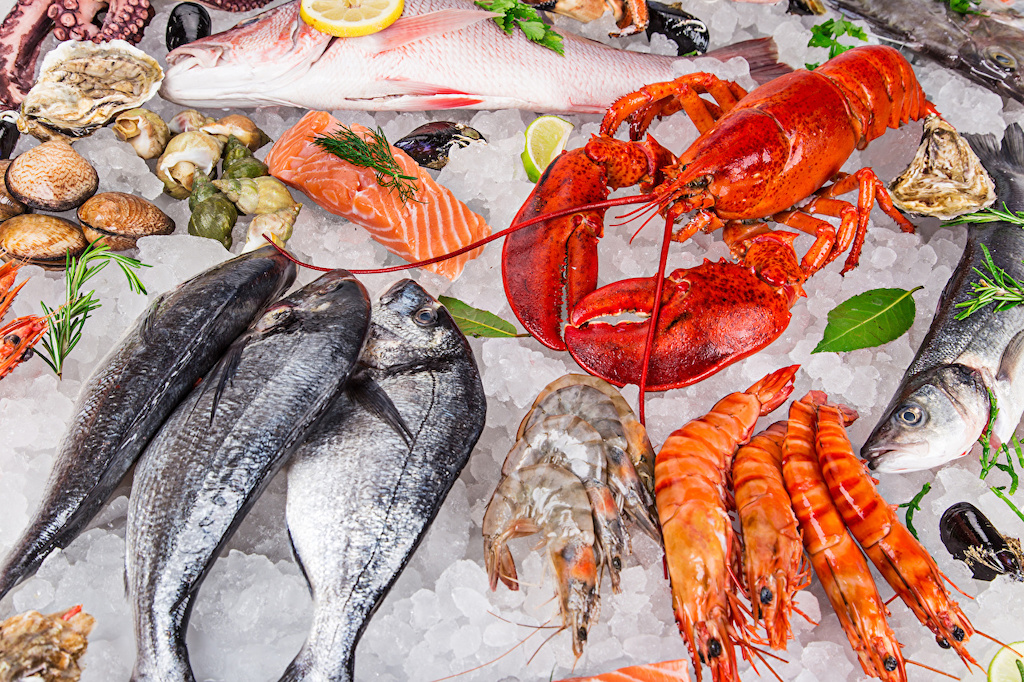
7. Umami Meats
Date founded: 2020
Founder(s): Mihir Pershad
Based in: Singapore
Funding To Date: $2.7 million (Source: Crunchbase)
Singapore’s Umami Meats is looking to enter the exotic cultivated seafood sector, while driving down operational costs. The company is engaged in teh propcess of developing a low-cost growth serum so that it can recreate expensive and specialist seafood varieties without depleting populations. Recently, Umami partnered with Canada’s CULT Food Science to secure investment in developing a trusted platform for cultivated product refinement.
Target seafood varieties: TBC though ‘exotic’ is frequently cited.
Lead photo by Photo by David Abbram from Pexels.


